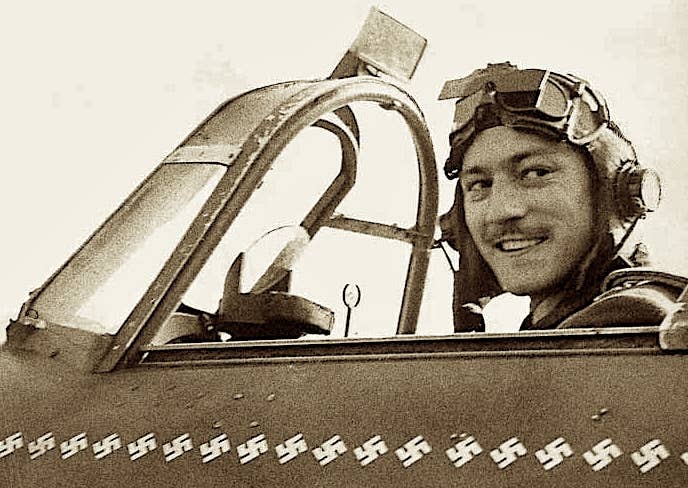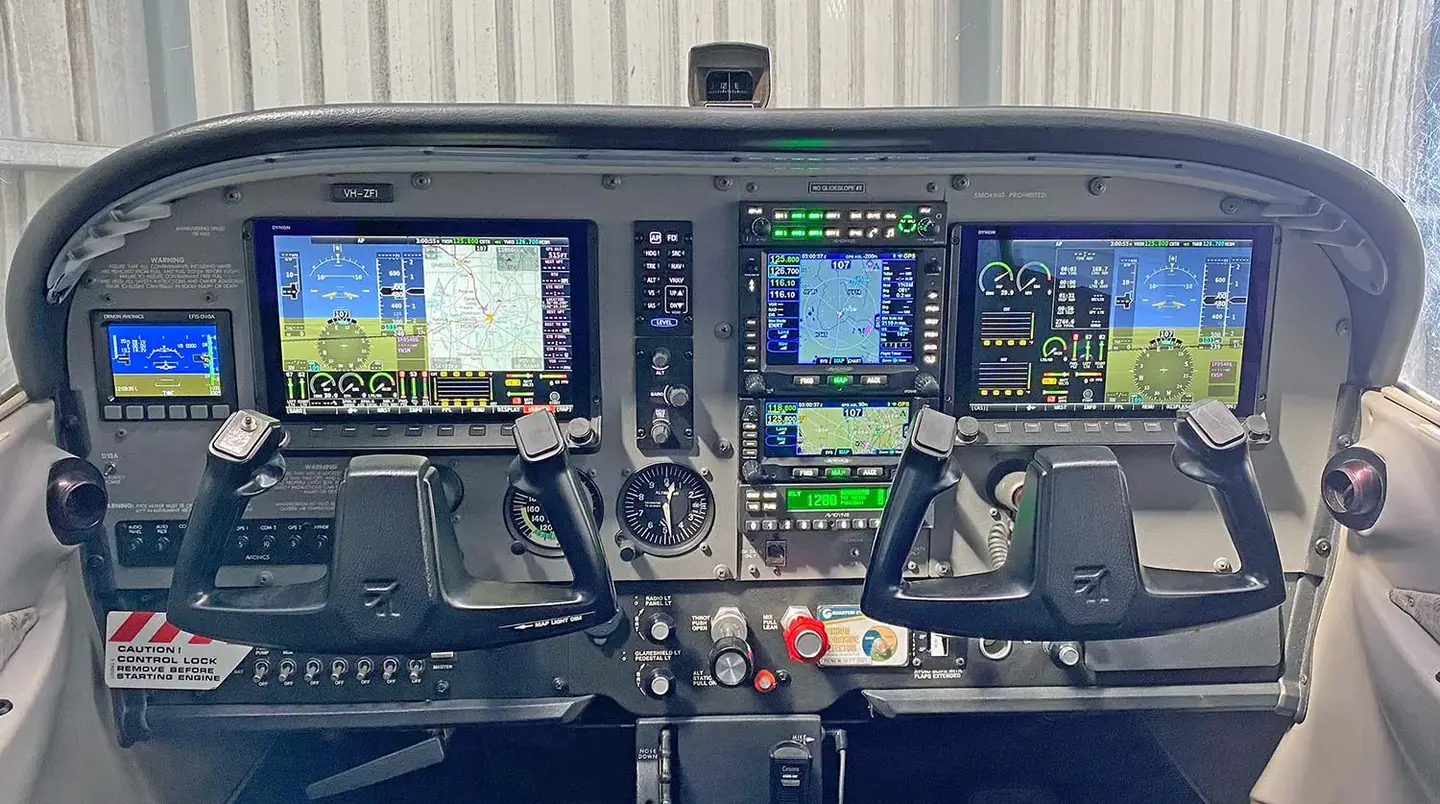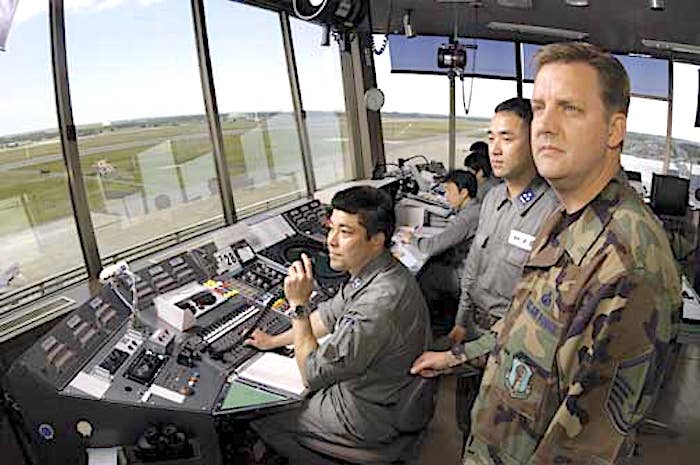The Boeing Strike: Armistice Day
GUEST COMMENTARY. The strike by the Society of Professional Engineering Employees in Aerospace (SPEEA) is over, but the fallout continues. In a follow-up to his original piece on the background and beginnings of the strike, Boeing engineer Ron Wanttaja writes of his impressions in the aftermath, the changes he and his co-workers have encountered and, ominously, warns that the recent strike may only be prelude to what will happen when the new contract expires at the end of 2002.
![]() The weeks after my first report seemed to blend into a mixture of rumor, hope, and picket duty. The controversy regarding our medical coverage was soon sorted out; the COBRA program would ensure continuation with no break. The weather stayed somewhat fair; while showers moved through during my picket shifts, more often than not the skies stayed dry.
The weeks after my first report seemed to blend into a mixture of rumor, hope, and picket duty. The controversy regarding our medical coverage was soon sorted out; the COBRA program would ensure continuation with no break. The weather stayed somewhat fair; while showers moved through during my picket shifts, more often than not the skies stayed dry.
Boeing and SPEEA negotiators again met with the mediator during early March. Boeing made a third offer; since it contained only minor differences from the first offer, the union negotiators declined to even take it to the membership.
The company then declared an impasse; they would impose a new engineering contract with or without approval of the membership. This declaration only affected those members of the bargaining unit who were not honoring the strike or who returned to work. The contract the company instituted was the first offer ... the one rejected by 99% of the union membership.
As one might expect, this had the effect of tightening resolve even further. Still, some engineers did trickle back to work After all, few had been prepared for a protracted strike.
Picket shifts got quieter. A small hard-core of individuals showed up for each shift, but the numbers slowly dwindled as people found temporary jobs to tide them over. While there were between 15,000 and 18,000 of us still on strike (depending on whether you believed SPEEA or the company), many folks in the bargaining unit never walked the picket line. Much of that was probably the basic conservative bent of many members ... they'd strike to show their dissatisfaction, but didn't, at heart, didn't support unions. Some took the opportunity for long, relaxed vacations.
I don't fault these folks. They walked out and stayed out, and I'm satisfied with that. I even took a week off myself, visiting friends in Washington, D.C. Before I left, though, I talked to my co-picketers so they'd know I wasn't abandoning them.
Support Continues
 Throughout it all, the local Teamsters and the members of the International Association of Machinists (IAM - the union representing Boeing's production workers) stood by us. On our day shifts, we got to be quite the connoisseurs of horn-honking. We soon learned which trucking companies were more likely to blow their horns as they passed the picket lines. Oak Harbor Freight Lines and UPS were practically guaranteed to sound off on the way by. Other lines tended toward silence. One truck driver had what must have been a horn from a diesel locomotive on his rig ... he hauled down on the chain three blocks away, and it sounded like he was parked in our back pockets. We were doing "We're-not-worthy" bows by the time he drove by, still blowing, grinning like a madman.
Throughout it all, the local Teamsters and the members of the International Association of Machinists (IAM - the union representing Boeing's production workers) stood by us. On our day shifts, we got to be quite the connoisseurs of horn-honking. We soon learned which trucking companies were more likely to blow their horns as they passed the picket lines. Oak Harbor Freight Lines and UPS were practically guaranteed to sound off on the way by. Other lines tended toward silence. One truck driver had what must have been a horn from a diesel locomotive on his rig ... he hauled down on the chain three blocks away, and it sounded like he was parked in our back pockets. We were doing "We're-not-worthy" bows by the time he drove by, still blowing, grinning like a madman.
I was really touched by one bit of contact. I had a strike poster in the back window of my car. Late one morning, the doorbell rang. It was a UPS driver with a delivery.
"Are you the one on strike?" he asked as I signed the clipboard. "Boy, are you guys ever doing a good job. I can't believe how Boeing tried to shaft you guys. Hang in there, brother. They're going to cave in."
Donations poured in to our strike fund, both in the form of money and in foodstuffs for our food banks. One enthusiastic farmer even dropped off a truckload of onions ... which promptly left SPEEA's headquarters building practically uninhabitable. The onions became a real source of humor, with every strike email list imploring members to stop by headquarters to pick up a sack of onions and including tongue-in-cheek recipes for "Onions Au Gratin" or "Onions Flambe."
Some suggestions for the onions included unlikely combinations with Boeing CEO Phil Condit, President Harry Stonecipher, or H.R. head Jim Dagnon. However, these worthies had taken a very low profile. They backed off on making public comments on the strike or the engineers,
Rumor Denied, Rumor Confirmed
About two weeks later, rumors spread that the company and the union were engaged in secret negotiations. An email from my union area representative pooh-poohed the rumors. He'd been around headquarters, he'd talked to the union lawyers, and no one knew anything about any ongoing negotiations. Oh, and did we want any onions? The next morning - March 17th, St. Patrick's Day - the union and Boeing announced a tentative settlement. The AFL-CIO had worked with Boeing, and the federal mediator had suggested quiet, off-the-record talks that paid off.
![]() With one exception, the company had given the union all it had asked for: continuation of the current life insurance coverage, no payments for medical insurance, and guaranteed cost-of-living raises as well as merit raises.
With one exception, the company had given the union all it had asked for: continuation of the current life insurance coverage, no payments for medical insurance, and guaranteed cost-of-living raises as well as merit raises.
The exception, though, raised a storm. While the company had given the hourly employees a 10% bonus, the new SPEEA offer was a flat $1,000 bonus - with another $1,500 to come if the company met certain commercial-aircraft delivery goals. Even the full $2,500 hardly constituted a 5% bonus for the average SPEEA-represented employee ... and the IAM bonus hadn't been tied to production goals.
Controversy raged on the email lists and discussion groups. Few seemed to support the contract. One of my co-workers, who had previously told me he wouldn't be able to afford to strike more than two weeks, urged folks to reject the contract and said he'd stay out as long as it took. An informal poll taken on one email list indicated that about two-thirds of the people planned on rejecting the contract.
The announcement of the tentative settlement was made on Friday; the vote would be Sunday. Many complained of the short-fused schedule. The full text of the contract wouldn't even be available before the vote.
The Last Picket Shift?
On Saturday, I was scheduled for the 2:00-5:00 p.m. picket shift. The day was windy, with a solid overcast and rain squalls moving through the area. It was a strange shift. A feeling of unreality seemed to hang overhead. Was this our last picket - or would we be back out Tuesday morning for the 2:00 a.m. shift?
 The wind whirled my poncho and tugged at my picket sign. People still honked and waved, though a few shouted a puzzled, "Isn't the strike over?" We stood in clumps, discussing the contract. As opposed to the strident tones in the online discussions groups, people on the line were more thoughtful, and seemed to support a settlement.
The wind whirled my poncho and tugged at my picket sign. People still honked and waved, though a few shouted a puzzled, "Isn't the strike over?" We stood in clumps, discussing the contract. As opposed to the strident tones in the online discussions groups, people on the line were more thoughtful, and seemed to support a settlement.
The sun edged out between the clouds a few minutes before the end of the shift. I'd chosen my picket sign with care this day ... a dry, new sign, with the normal "ON STRIKE" poster on one side and the "NO NERDS, NO BIRDS" slogan on the reverse. Instead of stacking it with the rest, I took it home. If the contract were rejected, I'd carry it again Tuesday morning. If we ended up going back to work, I'd have a nice souvenir.
The Vote
Voting was scheduled for all day Sunday at the Pavilion at Seattle Center. The Center is a combination park and cultural center at the foot of the Space Needle ... like the Needle, most of the buildings were erected for the 1961 Worlds Fair. Living in the suburbs for my 20 years in Seattle, I didn't really know which building was the Pavilion. I was a bit concerned about finding it. My wife had a helpful suggestion: "Just back-track the nerds."
Son-of-a-gun if it didn't work. The Center was having an art festival that weekend, but there was an obvious current of neatly-groomed middle-aged men flowing to and from one of the buildings. Sure enough, I soon came across the SPEEA signs.
The apron in front of the building was crammed with small groups in earnest discussion. Here and there, large "YES" or "NO" signs were hoisted above the crowd, with more-animated conversation below.
The building itself, though, wasn't busy. I checked in, got my voting card, and dropped it in the canister. Took all of about two minutes.
I met a couple of friends outside, and stayed to chat. The crowd was good-natured; I didn't see any animosity between the pro- and anti- groups.
The results were announced that evening: About a 70% acceptance. Significantly, only about 70% of the total membership voted, so in reality, the contract was accepted by barely 50% of the eligible voters.
Still, the contact passed. The strike was over.
Back to Work
We'd walked out in a group at 9:00 a.m. on February 9, and we would return the same way. The plan was to meet outside the gate, then walk in together at nine. I'm senior enough that I have a pass for parking inside the plant. I figured I'd just park the car by my office, then stroll out to meet my friends.
But when I got to the plant entry ... I couldn't do it. The waiting engineers still looked like picketers, and I couldn't bring myself to cross the "line." I parked in the main employee lot outside the gate.
We had about fifteen minutes before going in, and spent that time catching up. Most of us had been on different shifts, or hadn't come in to picket at all. We joked about missing the burn barrels on this cold Monday morning, and passed homemade cookies around.
Then it was time. We trooped through the entry turnstiles. Machinists applauded and shook our hands as we fanned out inside the building, heading to our particular offices.
 Get an "Am I glad you're back!" comment from the secretary, stick my nose in the boss's office and say, "Howdy," and back to the desk. The strike was over.
Get an "Am I glad you're back!" comment from the secretary, stick my nose in the boss's office and say, "Howdy," and back to the desk. The strike was over.
Aftermath
The return was bittersweet, in several ways. First, one of our best engineers had accepted an offer from another company. He'd walked back in with us to pack up his desk. Reports indicate that the engineering and technician workforce had the same attrition during the 40-day strike as normally happens through an entire year.
The main awkwardness stemmed from the single SPEEA-represented engineer in our group who hadn't joined the strike. We didn't know why he hadn't walked, though we suspected it was due to financial circumstances rather than anti-union sentiment since he had been a union representative in the past. I saw no outright hostility; people tended to ignore him, but as a recent addition to our group there hadn't been a whole lot of association before. No one confronted him, no one referred to him as a "scab."
Work relationships have remained professional; however, I have overheard some resentment of some other people who hadn't walked out.
The only real discomfort came from an engineer in our group who hadn't walked out because he would have been fired. On long-term loan from a non-Seattle Boeing facility, he wasn't a member of the SPEEA bargaining group and thus wasn't protected under our collective-bargaining agreement. Everyone understood his situation, everyone greeted him warmly upon their return. But he joked a lot about "While I've been scabbing" and "Will you still associate with a scab like me." People cringed every time he said the word "scab." For those who had walked the picket lines for forty days, the word had a serious connotation.
The Final Irony
The most ironic event came about a week after our return. The main issue that brought about the strike was Boeing's attempt to force the engineers and technicians to pay part of their health insurance costs. About a year ago, Boeing had implemented such a plan on the non-represented employees ... the finance people, the planners, the secretaries, etc.
And a week after the strike, Boeing announced that the non-represented employees would no longer be charged for their health insurance. Boeing claims that the SPEEA settlement had nothing to do with the change. No one I work with believes that.
Prognosis
![]() Unfortunately, this final incident highlights one factor from the strike: People feel they just can't believe the company any more. There's still a lot of anger out there - anger at company executives coupled with deep mistrust of company motives. Many engineers still feel we shouldn't have accepted the offer; they think the company was on the verge of total shutdown, and we could have won a bonus equal to that received by the machinists. They might be right. Boeing's new Teamster contract gives them the same $2,500 bonus as the engineers, and, like the machinists' contract, theirs isn't tied to commercial-aircraft deliveries.
Unfortunately, this final incident highlights one factor from the strike: People feel they just can't believe the company any more. There's still a lot of anger out there - anger at company executives coupled with deep mistrust of company motives. Many engineers still feel we shouldn't have accepted the offer; they think the company was on the verge of total shutdown, and we could have won a bonus equal to that received by the machinists. They might be right. Boeing's new Teamster contract gives them the same $2,500 bonus as the engineers, and, like the machinists' contract, theirs isn't tied to commercial-aircraft deliveries.
(The tie to deliveries is especially ironic when you consider that thousands of Boeing engineers, including myself, work government contracts. Our work has no effect on commercial aircraft production, yet our bonuses are tied to it.)
 The contract wasn't a treaty. It was merely the declaration of an armistice. The strike took both sides by surprise, and the contract merely stopped a war neither side was prepared for. The fundamental issues ... those of perceived lack of respect and deep mistrust of company management ... remain.
The contract wasn't a treaty. It was merely the declaration of an armistice. The strike took both sides by surprise, and the contract merely stopped a war neither side was prepared for. The fundamental issues ... those of perceived lack of respect and deep mistrust of company management ... remain.
While the engineers won nearly everything they were fighting for, it was a close thing. But we proved to ourselves that we could hold our own against the company. We learned that, even without preparation, we could survive months without a paycheck. We learned that by working together, we could make a difference.
In union, indeed, there was strength.
But the company learned, too. Many of its problems were caused by its disbelief that the engineers would actually walk. Now that it's disabused of that notion, it will prepare itself the next time contact negotiations come around.
The strike of 2000 was merely the curtain-raiser. The newly-negotiated contract expires in December 2002. Unless some fundamental changes come into play, I'm afraid we're likely to see a repeat. Except this time, both sides will be prepared.






